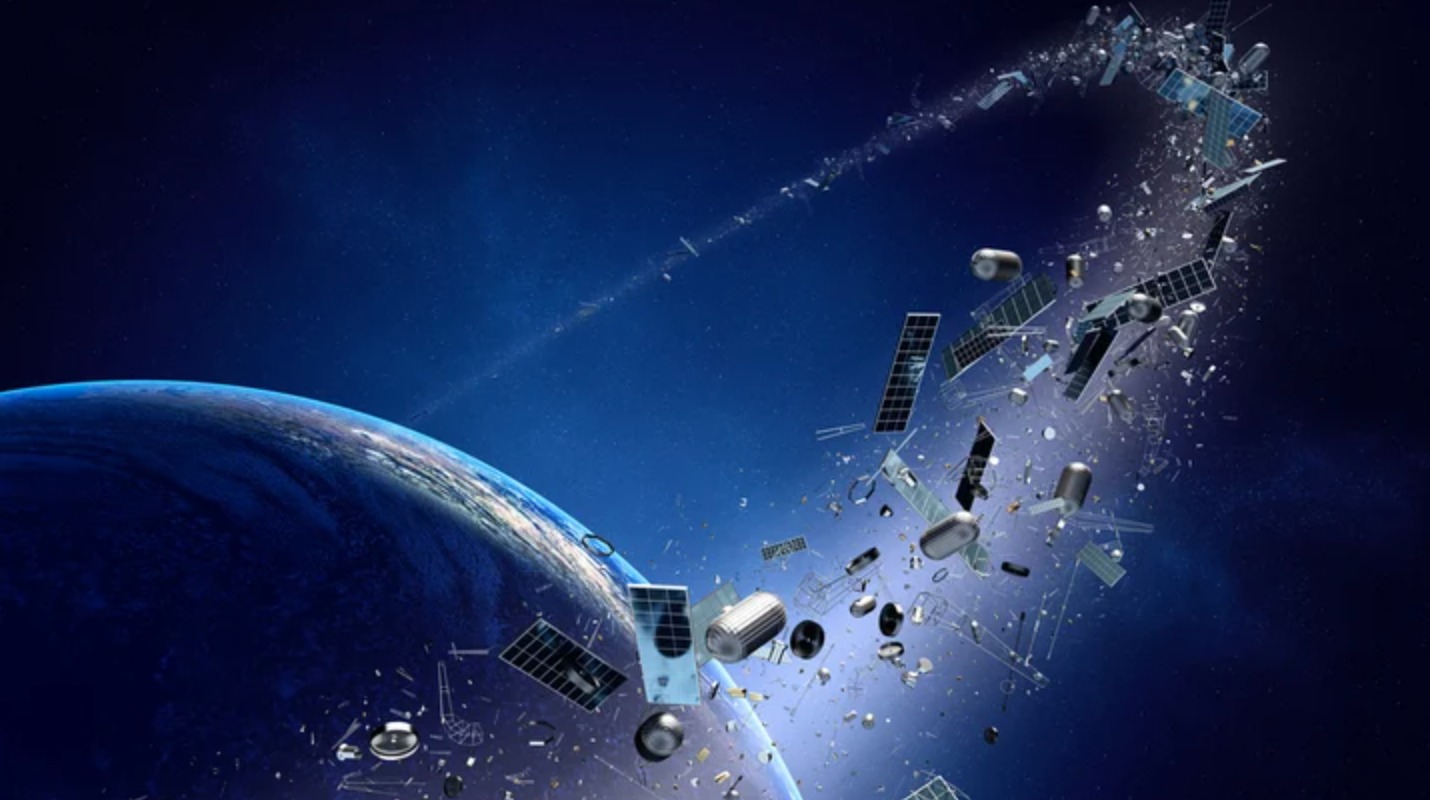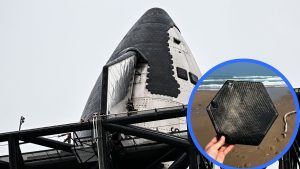Growing Number of Man-made Space Junk Interferes with Astronomical Observation
14th Sep 2021
The issue of man-made space junk is becoming an ever-more pressing problem as the debris makes it more difficult to explore space. Since the 1970s, the amount of junk in low earth orbit has increased sevenfold and, given the increased number of launches, is expected to grow even further. Amateur Irish astronomer John Flannery shared his insight on how space junk is interfering with space exploration.
How Man-Made Space Junk Prevents Us from Exploring Space?
Besides posing the danger of collision with currently operational spacecraft, man-made space junk interferes with the images taken by astronomical societies. According to Flannery, the amount of functional satellites alone creates light pollution that crisscrosses the astronomical images and interferes with the data analysis.
The issue is particularly challenging for amateur astronomers who do not limit themselves to one just agenda like most professionals do. Focusing on more than one agenda is often beneficial for science because it gives a wider scope of analysis. As a result, amateur astronomers often make ground-breaking discoveries.
Besides light pollution from functional spacecraft, the amount of man-made space junk seriously interferes with astronomical observation. In fact, over 40% of all taken images have to be discarded because of space debris.
European Space Agency Initiatives to Combat Space Junk
On the bright side, the space community understands the dangers of man-made space junk increasing in our orbits and is actively looking for a solution. The ESA is planning to launch a cleanup mission in 2025 to remove all defunct spacecraft from orbit. The cleanup project, ClearSpace, will be a joint venture with a private Swiss company. However, the whole endeavor remains purely theoretical as of now because no piece of man-made space junk has ever been cleaned up so far.






Thank you for your comment! It will be visible on the site after moderation.